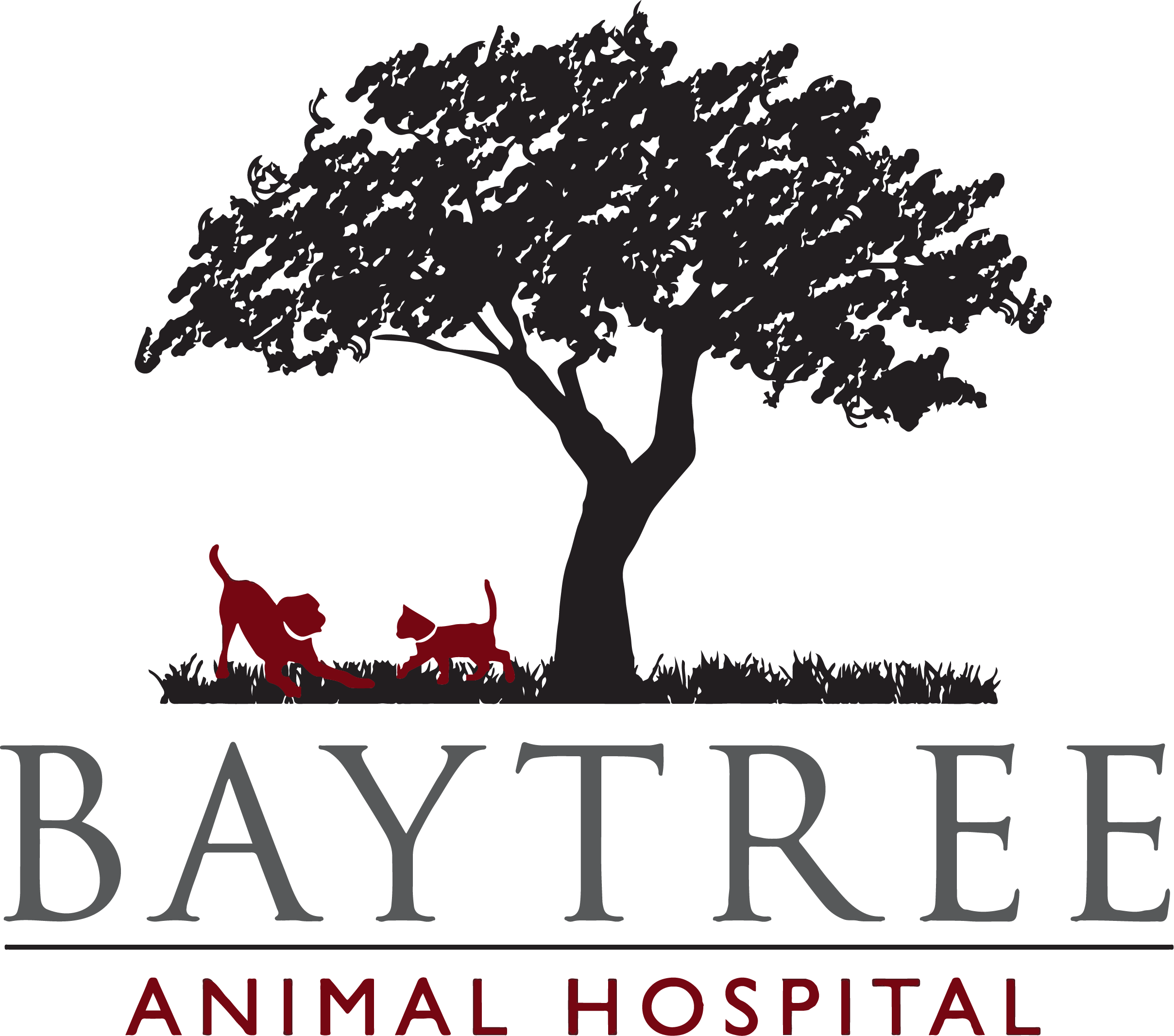Library
-
Not all puppy foods are created equally, and your large breed dog needs to be fed an appropriate diet for development. An improper balance of nutrients can lead to health problems, including bone deformities. Measuring proper calorie amounts, looking for the AAFCO statement, and controlling food intake will ensure your puppy develops properly.
-
Congratulations on the addition of a new puppy to your family! This handout provides general care advice for your puppy, including nutrition, play and chewing behavior, housetraining, socialization, nail trimming, and basic first aid.
-
Owning a puppy can be an extremely rewarding experience but it is also a large responsibility that lasts the entire lifetime of the dog. Working with your veterinarian, there are several preventive measures to help keep your puppy safe and healthy as he grows up, including vaccination, parasite treatment and prevention, identification, and spaying or neutering your dog.
-
Cryptorchidism is the failure of one or both testicles to descend into the scrotum. Toy breeds may be more at risk, but it can affect any breed of dog and is believed to be an inherited trait. Diagnosis can usually be made by palpation but sometimes requires blood testing or an abdominal ultrasound if the dog’s history is unknown. Risks of retained testicles include testicular cancer, spermatic cord torsion, and the development of undesirable male characteristics, so neutering is strongly recommended. Surgery is generally routine, and recovery is similar to any abdominal surgery.
-
Roundworms are the most common gastrointestinal worm found in dogs and can also be transmitted to people. They are of most concern to puppies when present in large numbers, causing stunted growth, a pot-bellied appearance, and recurrent diarrhea. Diagnostic testing, treatment, and preventive measures are explained in this handout.
-
Dogs, like people, need to practice their social skills. Spending time with other dogs will help your dog hone his ability to read his friends’ body language and to communicate effectively. These skills decrease the development of dog related fear and aggression. Play groups in an organized or more relaxed setting are beneficial for both your growing puppy and adult dog. Canine and human socialization occur simultaneously and dog owners enjoy meeting new friends, too. Watching dogs play is a great way to reduce your stress level. Socializing should be pleasant for you and your dog, so find a comfortable group and setting and have fun!
-
Teething in puppies lasts from about 3 to 6 weeks of age and again from 12 to 24 weeks of age. Safe chew toys are an important source of energy release, but if puppies are not stimulated sufficiently, or supervised carefully, they will chew elsewhere. Occasionally, retained baby teeth or other dental abnormalities can occur that need to be addressed by your veterinarian. It is important to get your puppy used to having their mouth manipulated for exams and teeth brushing.
-
Every dog has wants and needs, including social interaction, physical exercise, intellectual exercise, and time to rest. When their needs are met predictably and enrichment is consistently available, dogs experience less stress and frustration and may be less likely to develop problematic behaviors.
-
There are six primary reasons for vaccination failure. Vaccine inactivation is one reason and is most commonly caused by warming during shipping and handling. In addition, vaccines are not always 100% effective. Dogs may also be unhealthy or too young, leading to vaccine failure. Interference by maternal antibodies can lead to the vaccine being blocked.
-
Veterinarians routinely recommend certain vaccines for all dogs(called core vaccines) whereas others are used more selectively according to the dog's environment and lifestyle. Vaccines work by stimulating the body's immune system to recognize and fight a particular microorganism such as a virus, bacteria, or other infectious organisms. Depending on the disease, the vaccine will help the body prevent infection or lessen the severity of infection and promote rapid recovery. Vaccination will protect the vast majority of dogs but under some circumstances, vaccine breakdowns may occur.

